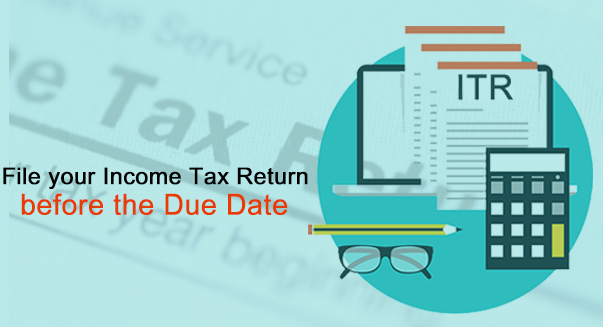If you’ve been engaged in share trading and have received profits, you may be wondering how to file income tax returns for it. You need to report the trading gains or losses on Schedule C of your income tax return. The expenses you pay while acquiring and selling the shares are not tax-deductible, so you must use these expenses to figure the gain or loss incurred when the shares are sold. The good news is that these expenses and gains are generally not subject to self-employment tax.
When filing an income tax return for share trading, you must determine whether you are a long-term or short-term trader. It is important to understand what your income is because not all trading activities are taxable. For example, if you trade stocks on a daily basis, you must file an ITR-3. You may also need to file an ITR-4 if you only trade in intraday shares, and ITR-2 if you are involved in digital transactions.
Once you’ve determined whether you’re eligible for a long-term or short-term trade, you can enter your information on Schedule D. Enter your short-term gain and loss on line one and your long-term gains and losses on line two. Make sure to keep all of your records of your trades so that you can report them on your income tax return. If you do not know your trade dates, you can copy your federal information onto your state return. States that levy income tax typically require the raw data of your federal return, rather than specific trade information.
Lastly, if you’re not paying any income tax for your share trading, you should consider filing an income tax return for share trading. It can be a lucrative way to earn money and enjoy the benefits of stock trading. Just be sure to follow the guidelines and keep the money aside for filing your income tax. That way, you can use the money you earn for other purposes. So, how to file income tax return for share trading?
Whether you’re a newbie or an experienced investor, you must report all your share trading income to the IRS and your state. In addition to the IRS, 43 states also assess income taxes. The most important rule of tax filing for share trading is to only trade with the money you can afford to lose. You should also ensure that you have your financial bases covered, including a fully funded emergency fund, retirement account, and no high-interest debt.
You can also file a separate income tax return for your other sources of income. In India, almost all equity and currency contracts are cash-settled, and most agri-commodity contracts include a delivery option. Therefore, income from these types of trades should be classified as non-speculative business income. This means that even if your trading income is small, it is still subject to taxation.















